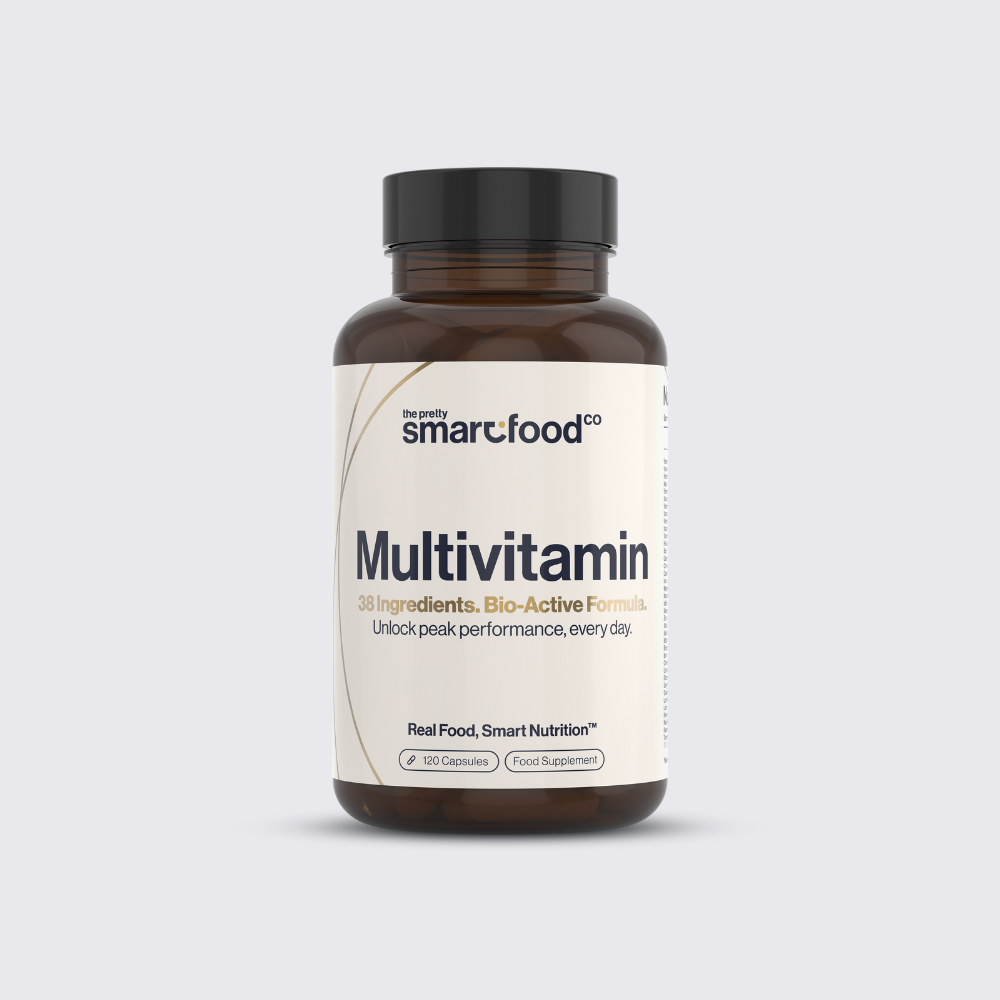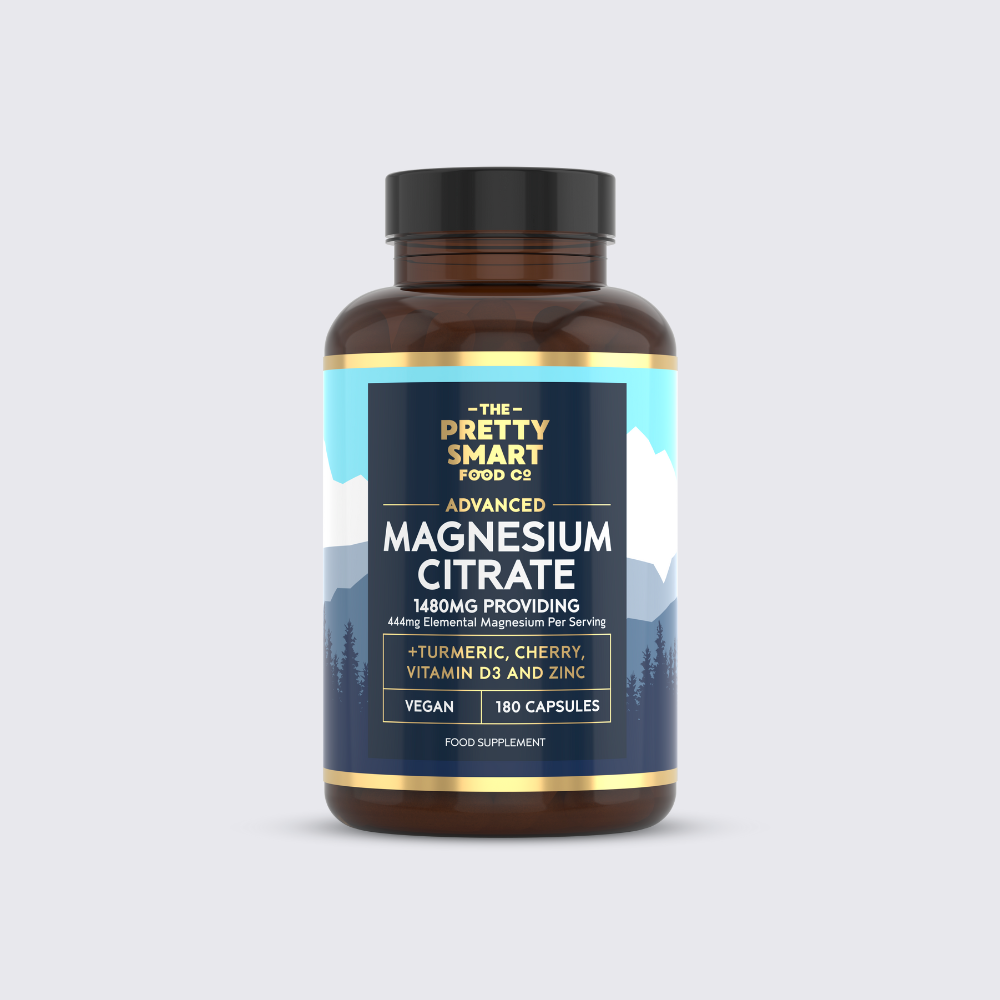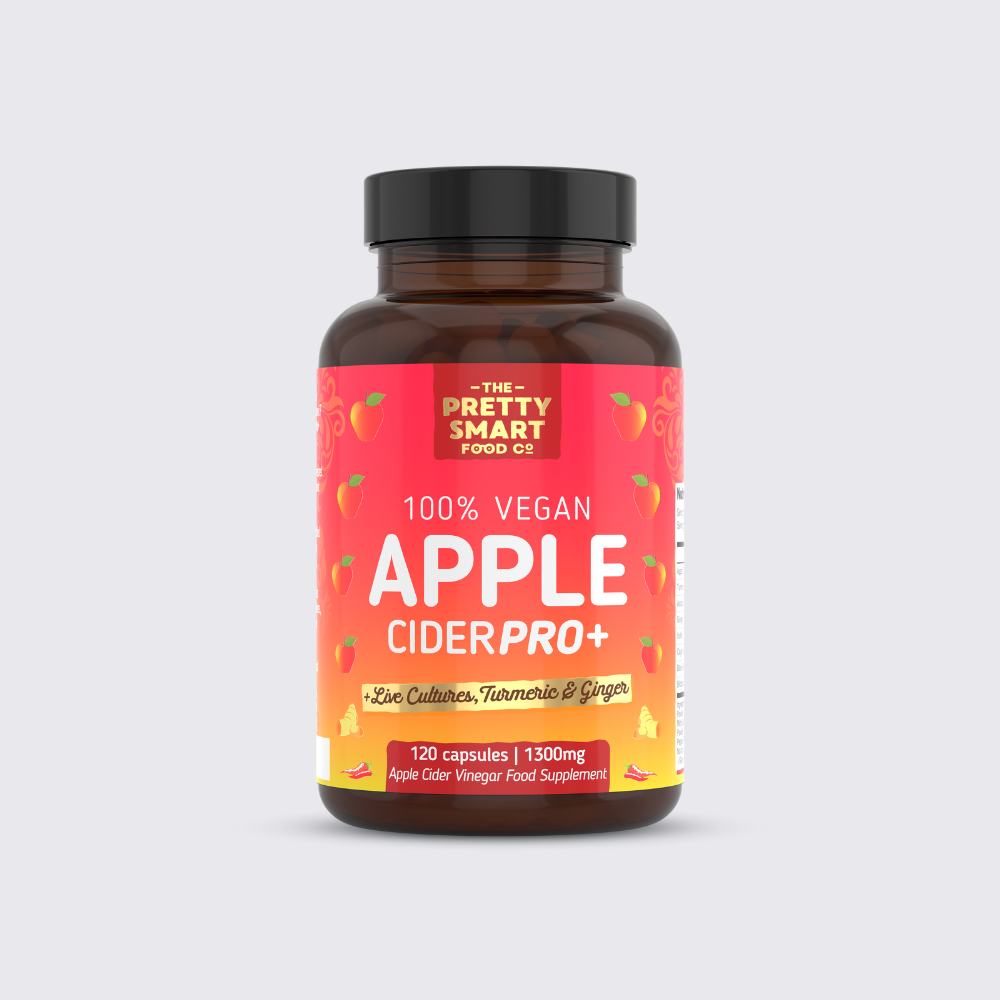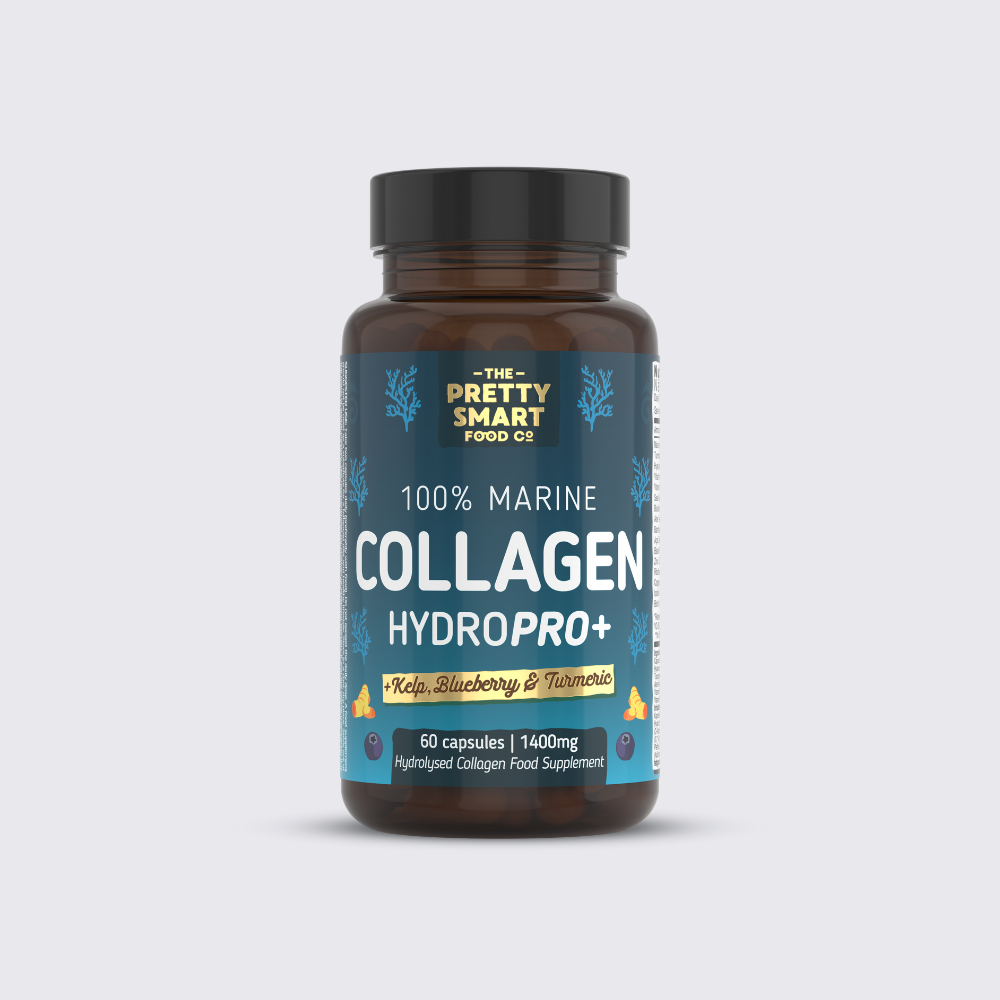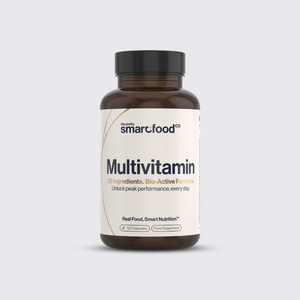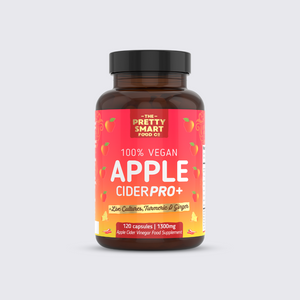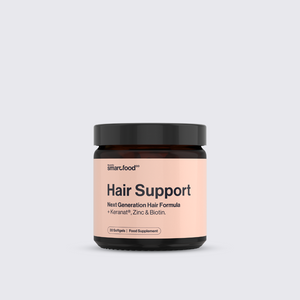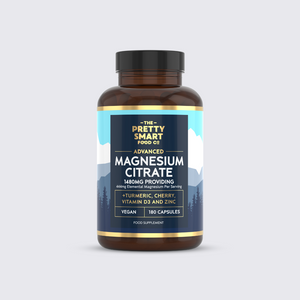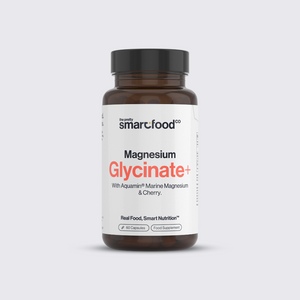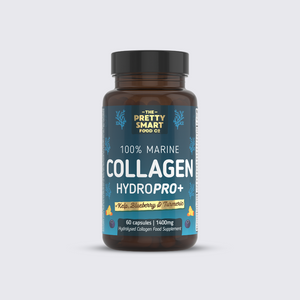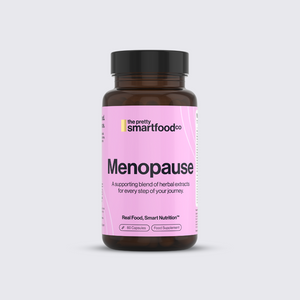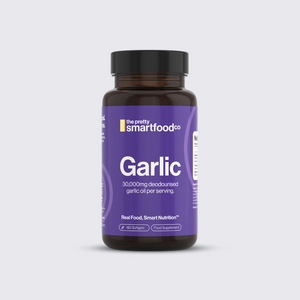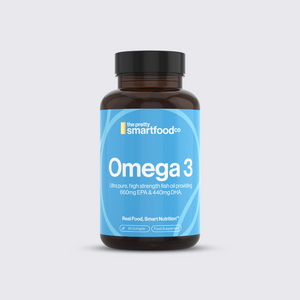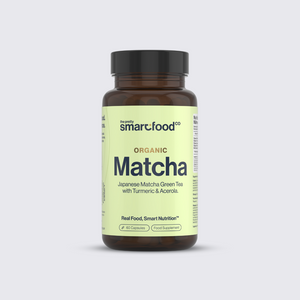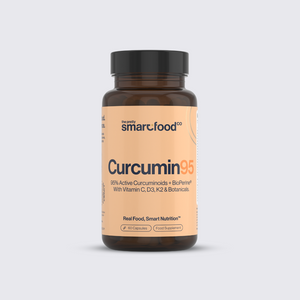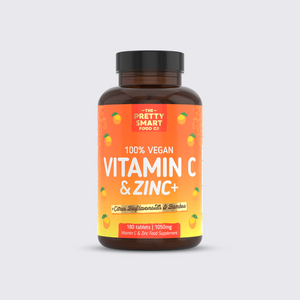The study: Forty healthy volunteers aged between 54 and 63 were split into two groups of 20. One group took an oral dose of this type 1 collagen before breakfast for 12 weeks. The other group took a placebo. Researchers then performed analysis via a number of methods:
- A cutometer, which uses a suction method to depress the skin then record the time and quality of its ability to return to normal, was used to measure skin elasticity.
- A corneometer, which measures the moisture levels in the outer dermal layers, was used to measure skin hydration.
- Skin images were analysed using dedicated computer software to perform 3D analysis of wrinkles.
Subjects were also surveyed for their response to the question, "Would you say that the treatment you underwent has reduced the wrinkles on your face?". Investigators and subjects separately answered the question, "Would you say that the treatment you underwent is globally effective in reducing signs of ageing in the face."
The results:
At the end of the study, lines around the eye (crow’s feet) indicated a significant smoothing in the overlap of the skin and a significant reduction in skin wrinkling. No effect was observed in the placebo group.
The clinical score of wrinkles, assessed by the Investigator, decreased significantly between week 6 and week 12. The clinical score remained unchanged for the placebo group.
Results show a significant (-9.37%) reduction in skin wrinkles after 12 weeks.
Skin hydration also showed significant improvements in the type 1 collagen group, with hydration levels increased by 22.8% from day one of the study.
Skin elasticity showed major improvements at both week 6 and week 12, with a +27.2% increase in hydration by week 12.
Results show a significant (+22.8%) improvement in skin hydration after 6 & 12 weeks.
Results show a significant (+27.2%) increase in skin elasticity at 12 weeks


